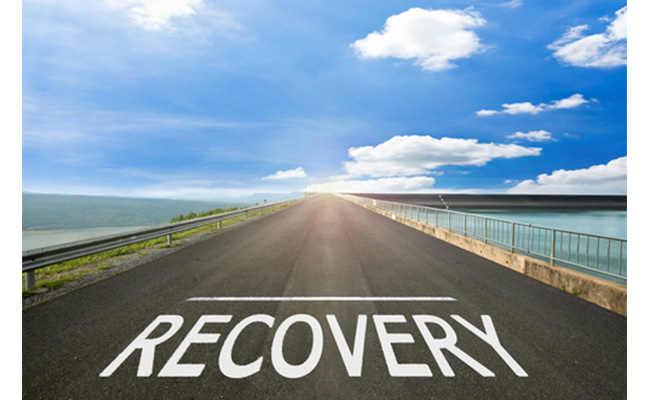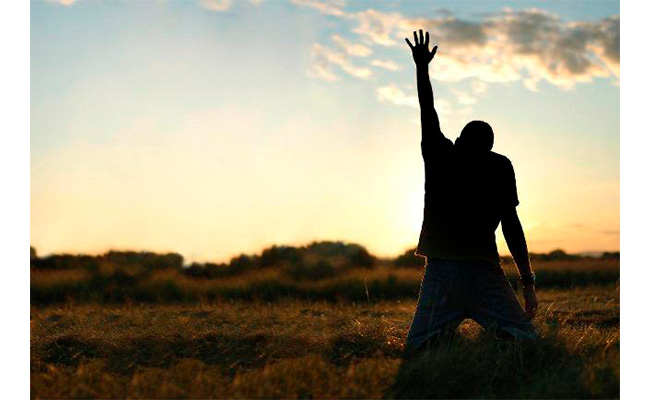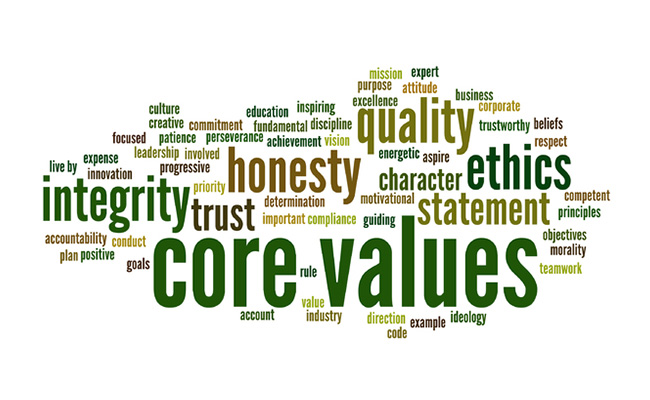Recovery programs will generally fill your days with activities and programs. From individual counseling, to group counseling and support groups, we are by and large pretty busy. There will, however, be time to think and time to be idle. I found that idle time was the worst time. The more time I spent thinking about things, especially in early recovery, the less happy I was. One thing that helped me in the beginning and helps me to this day was finding something I am passionate about. For me it was creative writing. I knew others who became deeply involved in specific kinds of meditation. Still others used their new-found good health to take up physical activities they could never do while they were drinking and using.
It is likely in early recovery that down-time can be dangerous. Many of us come into recovery with a lot of emotional baggage. Time spent thinking about the ways we went wrong, the difficulties ahead, damage to our families, etc. is simply not helpful and can lead to relapse. We need something that motivates us and gets our creative juices flowing.
Finding Your Passion In Recovery
In my earliest days in recovery I started keeping a journal. This is something I used to do religiously, but I fell away from it as I became increasingly embroiled in my addiction. Once I had my senses back even if provisionally, I began writing again. Little by little, I started focusing my writing projects. At the same time, I started reading things again since I could now think clearly and retain what I read. All of this led to me getting involved in local spoken word projects and publishing projects.
The writing is a passion and it became critically important to my recovery. First of all, I knew I had to be sober to do these things. I knew that the main reason I had never gotten involved in these kinds of things before was because I was under the influence of substances. I also knew that the more I accomplished, the more I needed to remain sober.

The passion for writing took on a two-fold benefit. It was a way to occupy myself during the early dark days. Writing also served as a reward for my progress in recovery. It was a way of escaping my dark feelings about my situation and it eventually became a major reason to be a sober and recovering person.
The people I knew who took on something they were passionate about seemed to be the people who stuck with recovery. They came to embrace recovery early on because they saw sobriety as the means to continue doing something they loved.
Making Changes In Recovery
We always need to make changes in recovery. We need to address our attitudes and ways of seeing the world. These changes can feel impossible at times, but they come much easier and much more naturally when they are a part of something we just like doing. I had to develop specific habits that made me a writer. Some of those habits were exactly the same things necessary for recovery, for example, not thinking about myself so much. Since I was preoccupied with writing about the things going on in the world around me, I could not allow myself to become preoccupied with myself.
The simple lesson is that finding a passion in recovery can make recovery just happen.
CLICK HERE to get a Free Confidential Addiction Rehabilitation Assessment.













